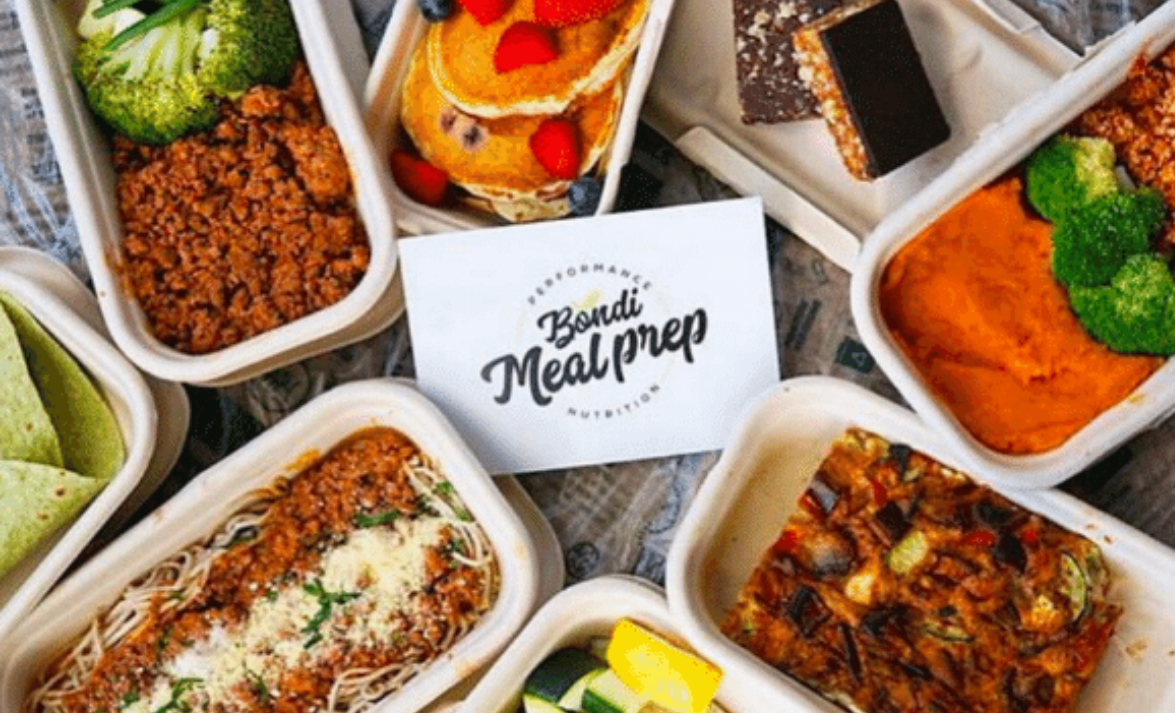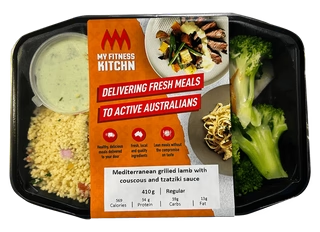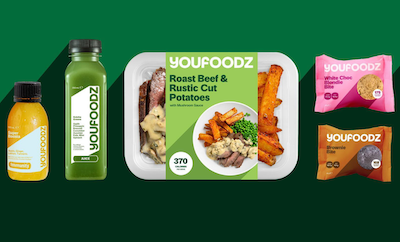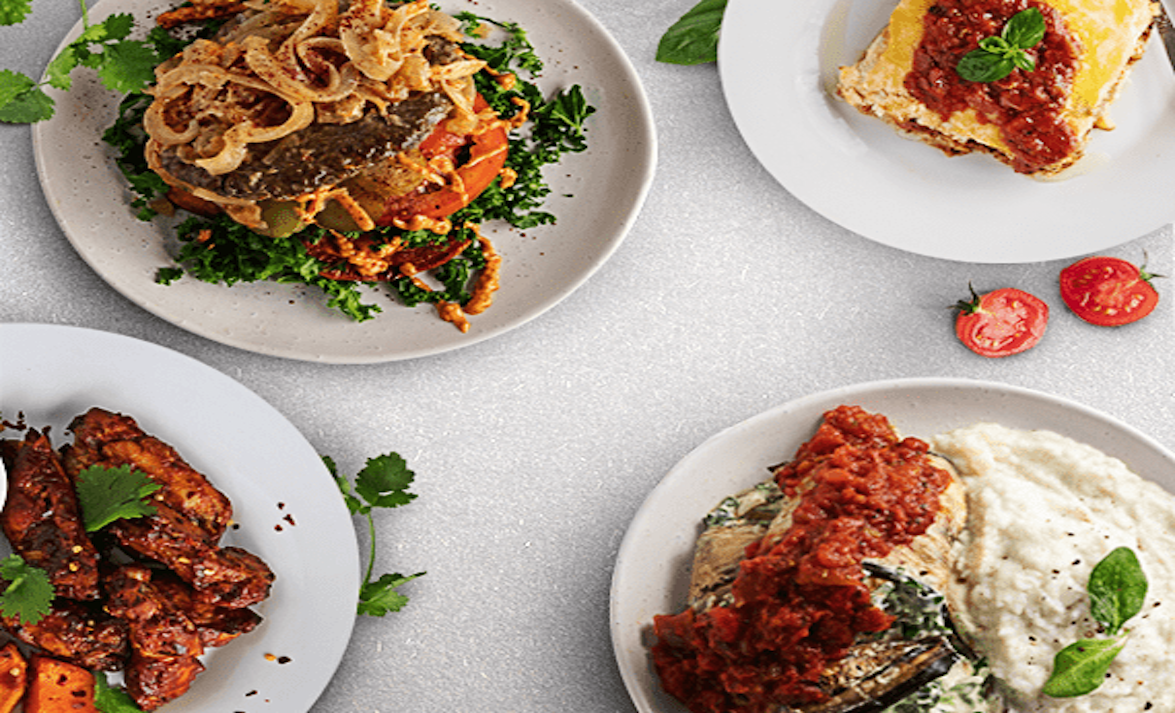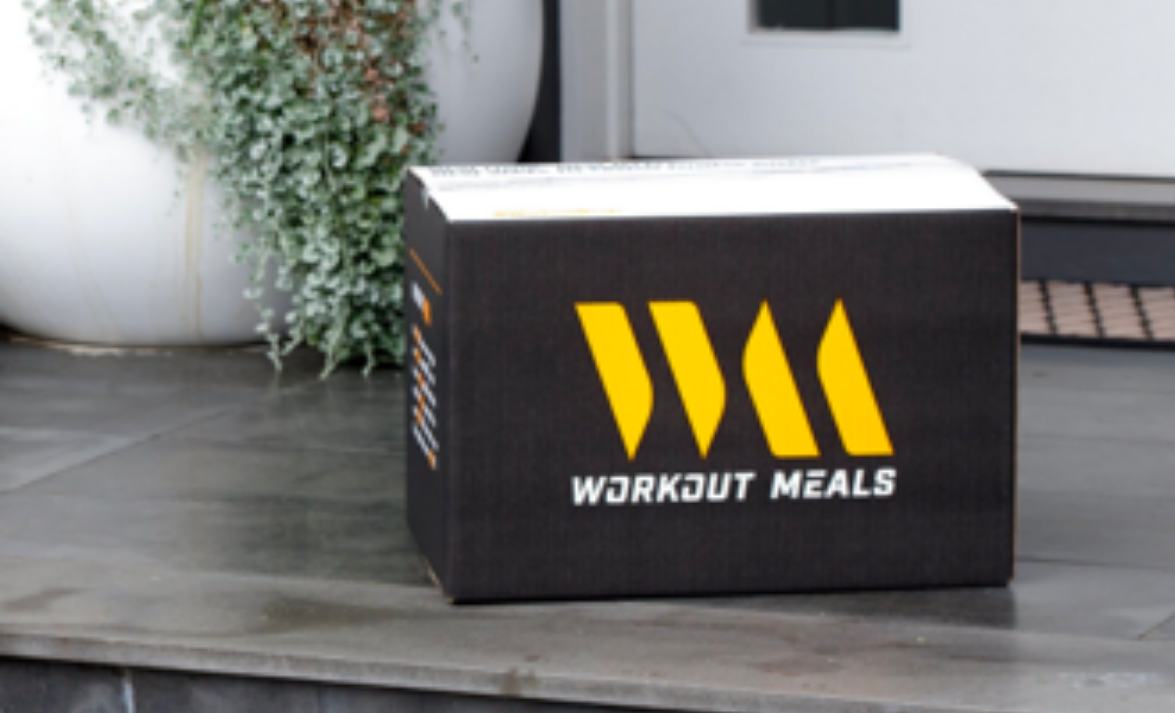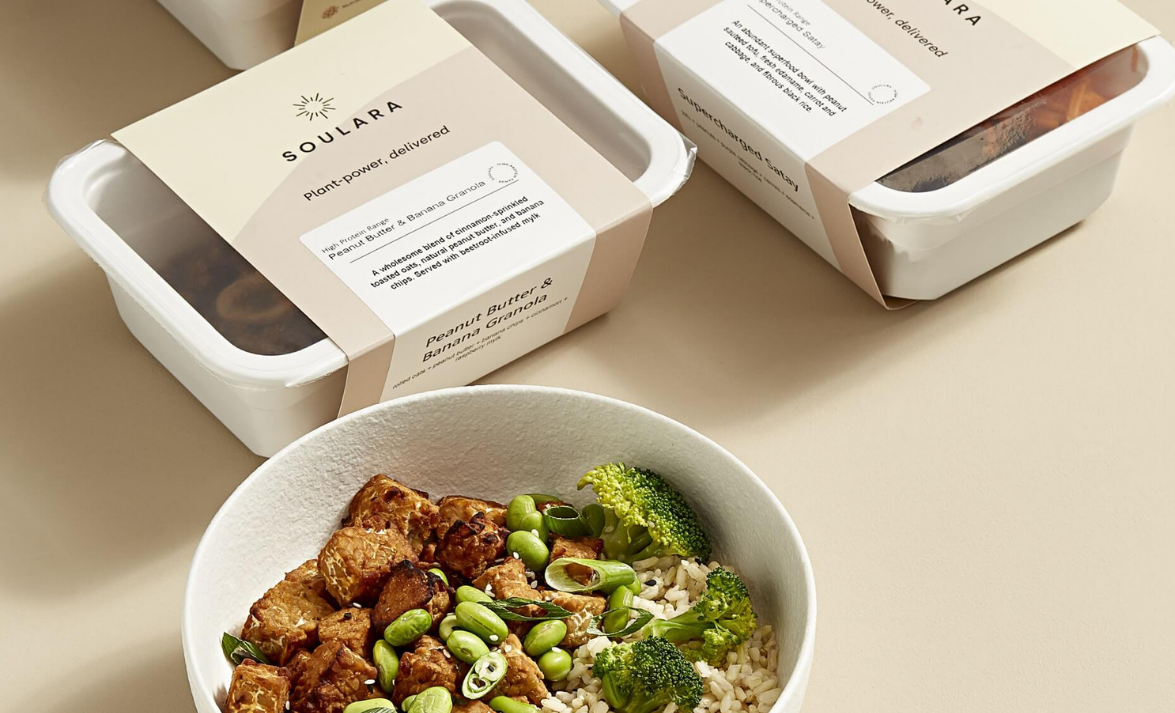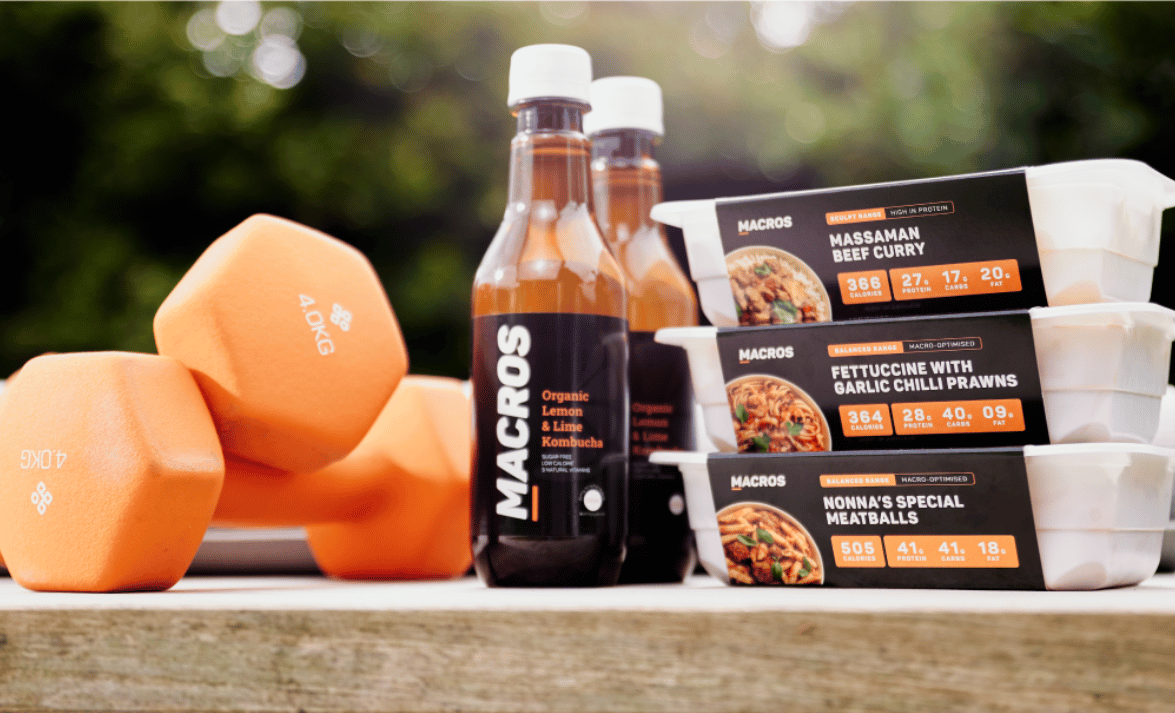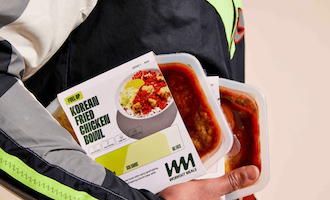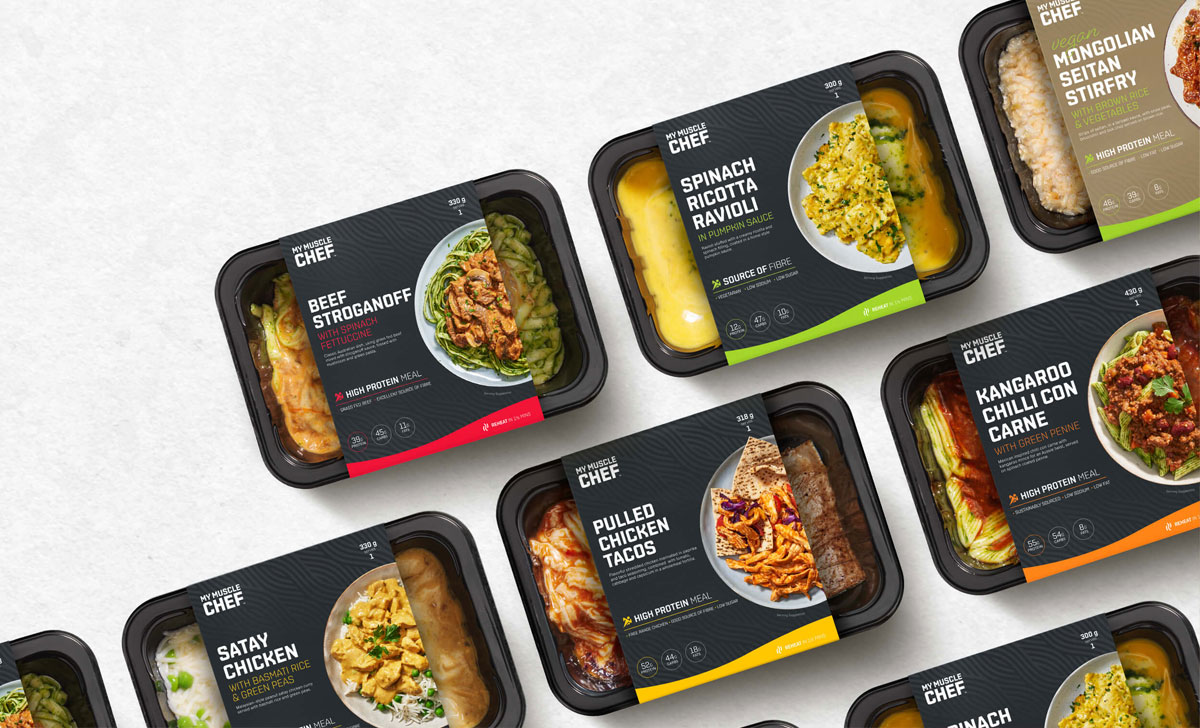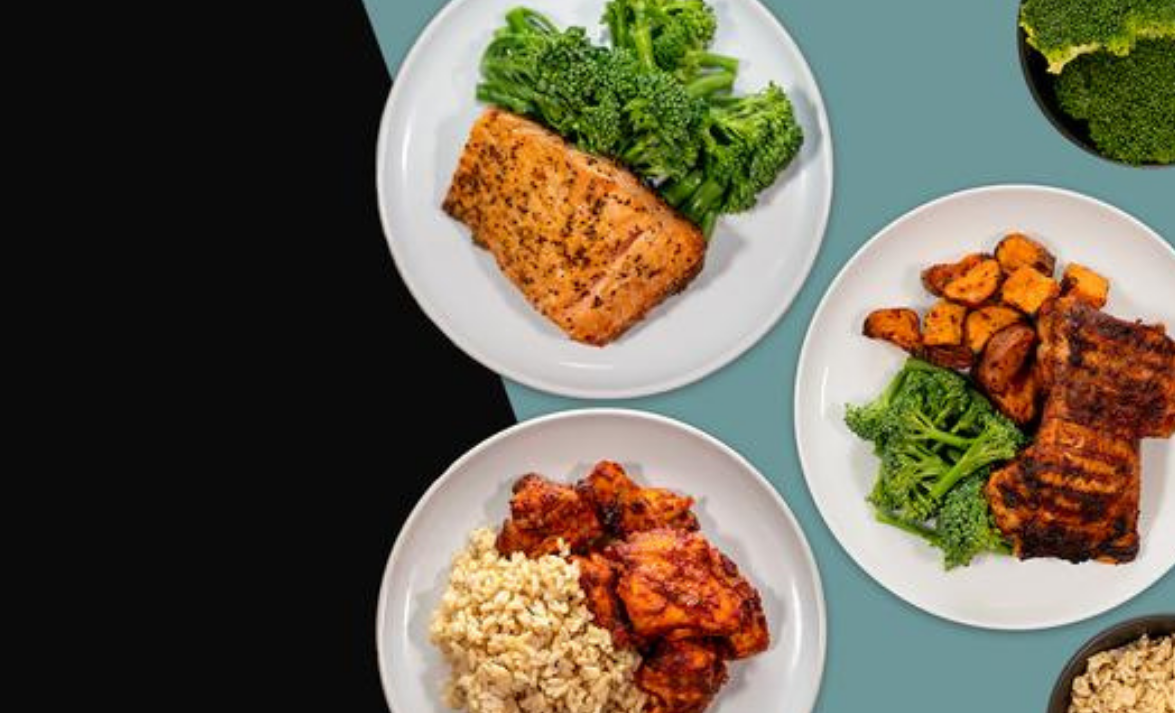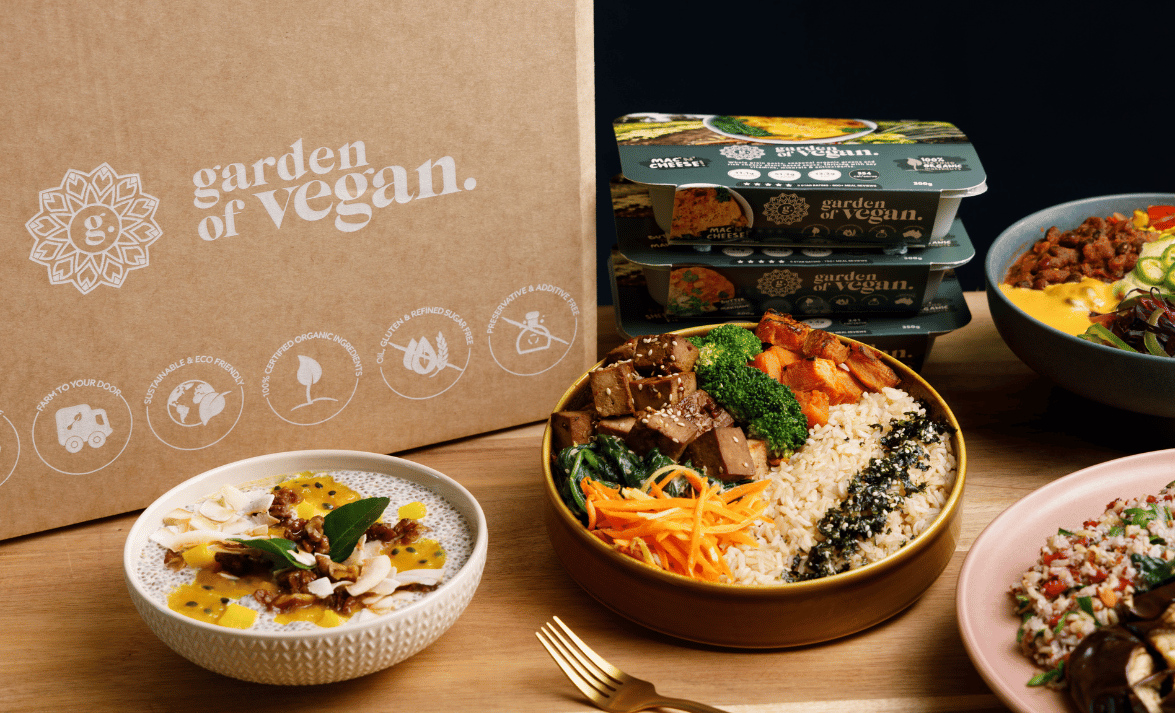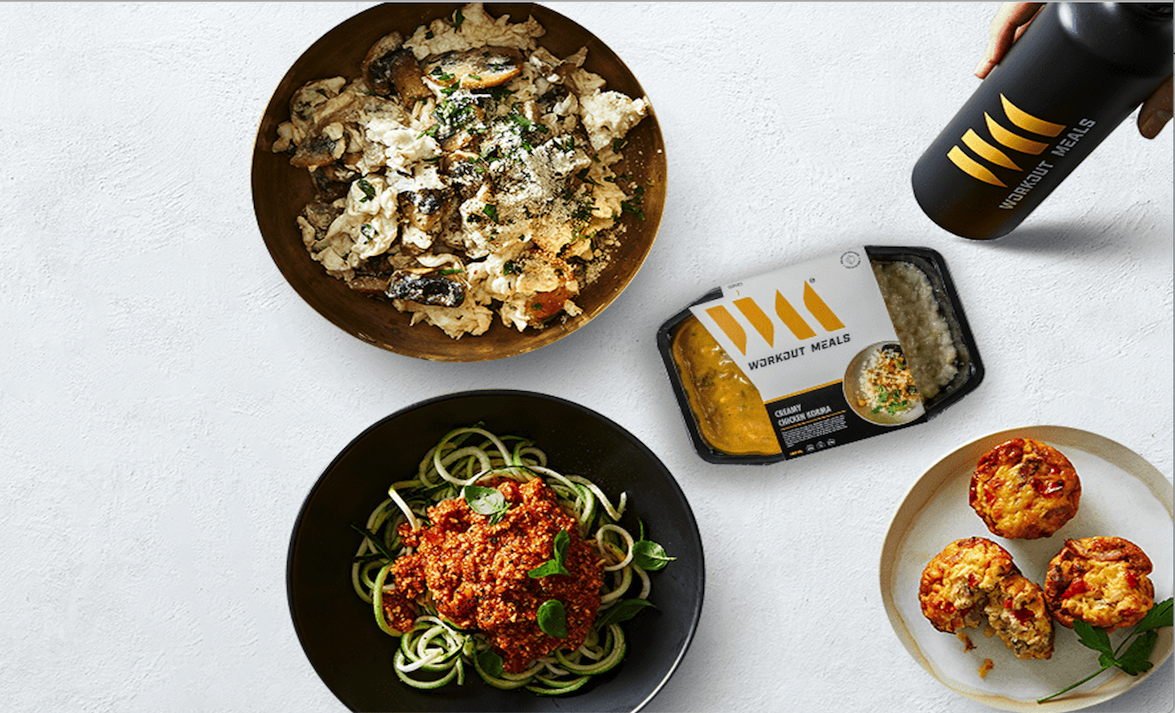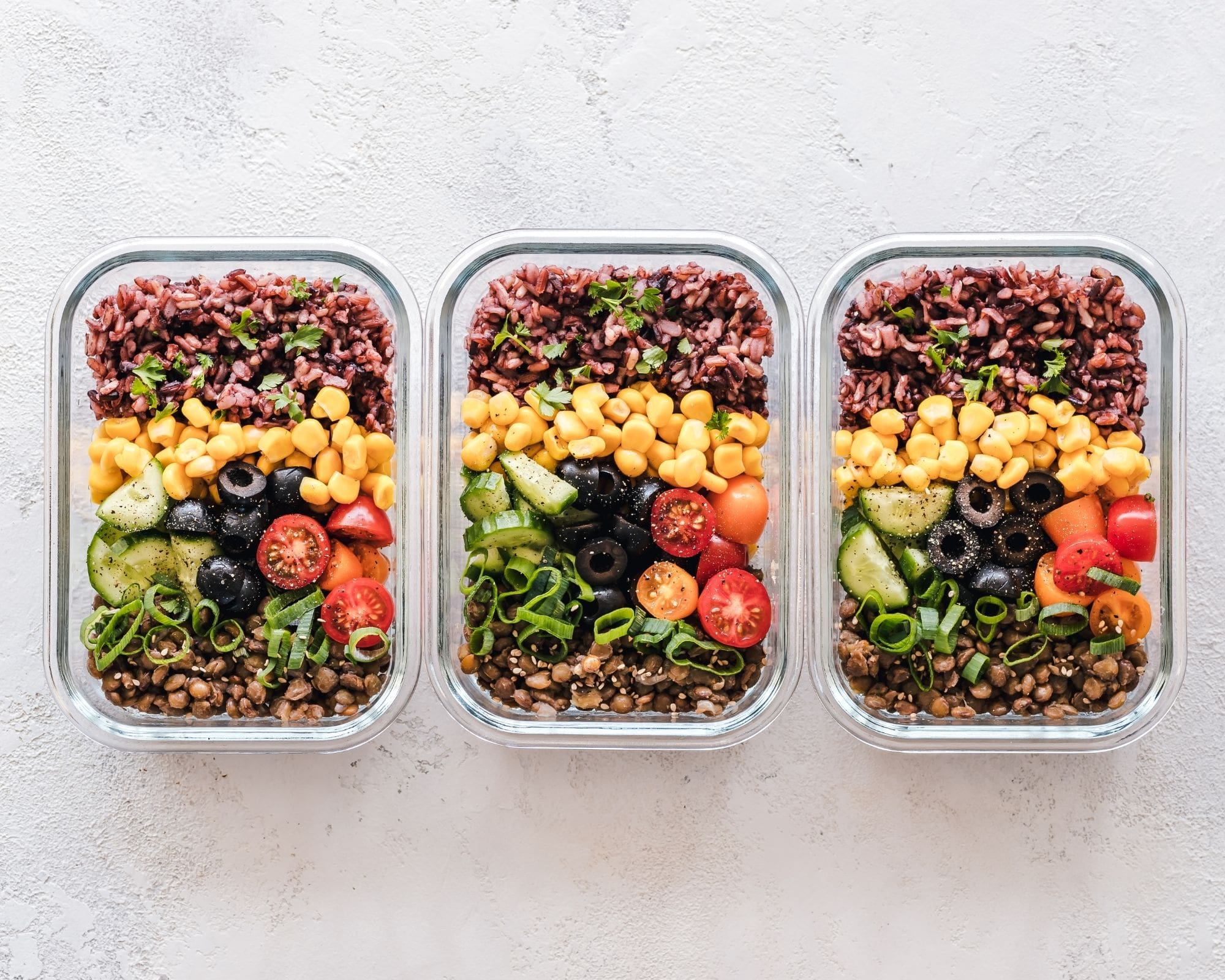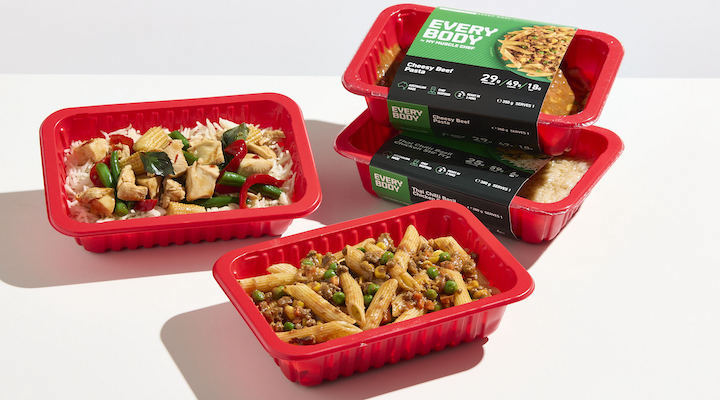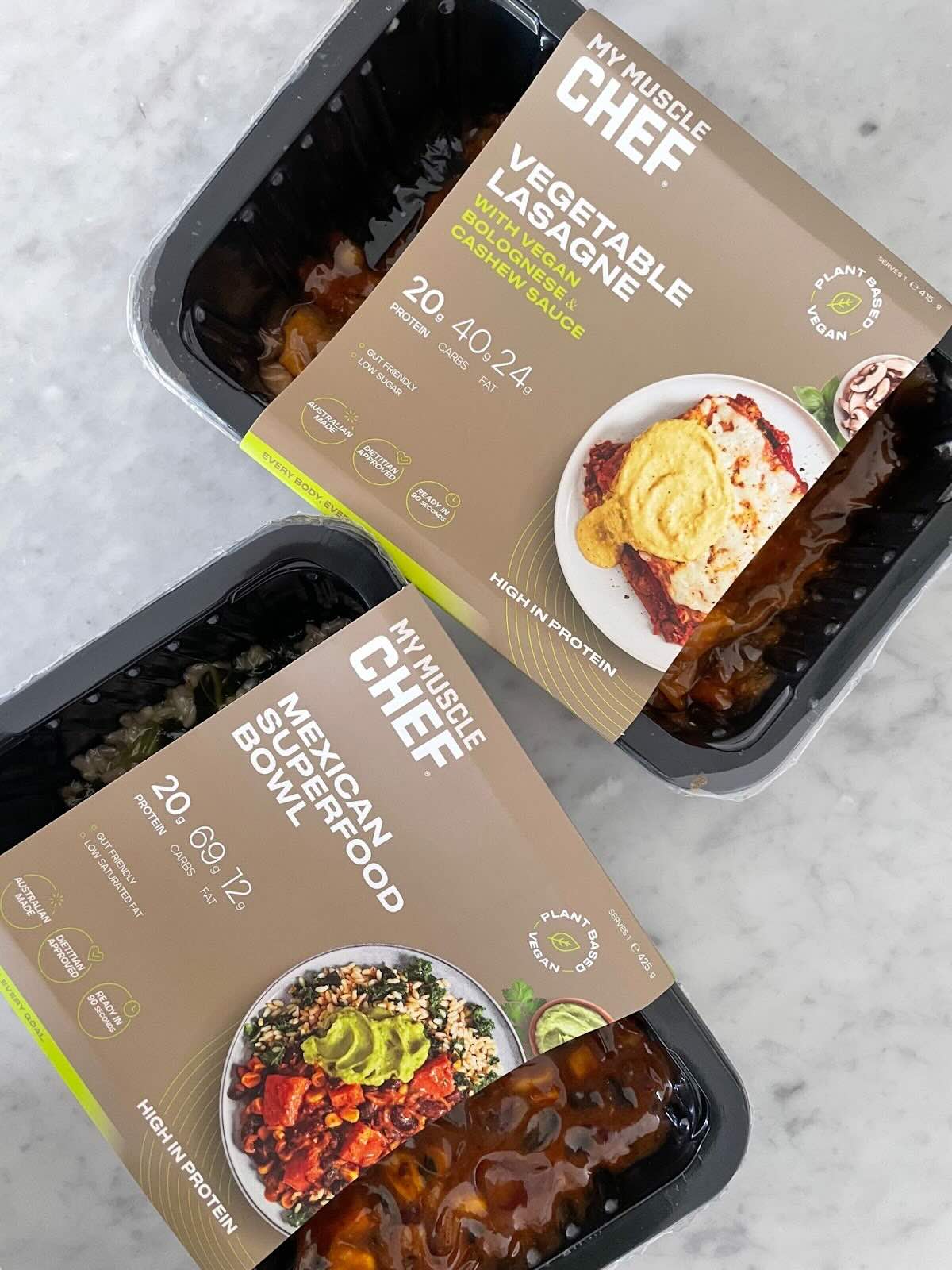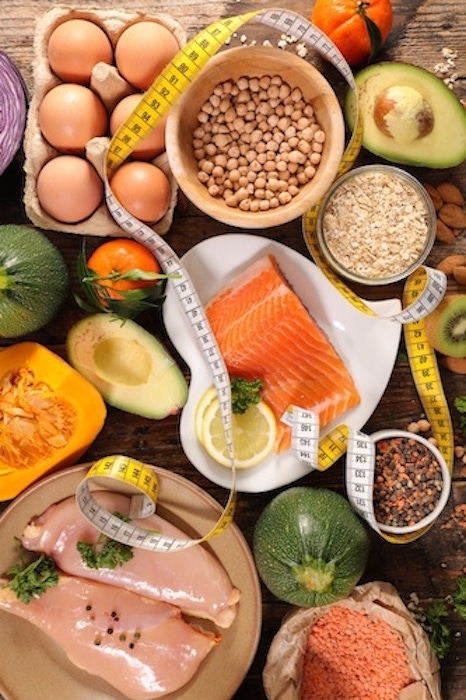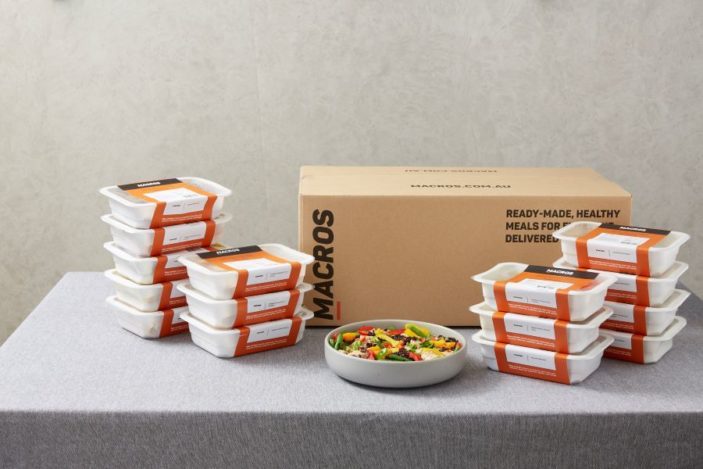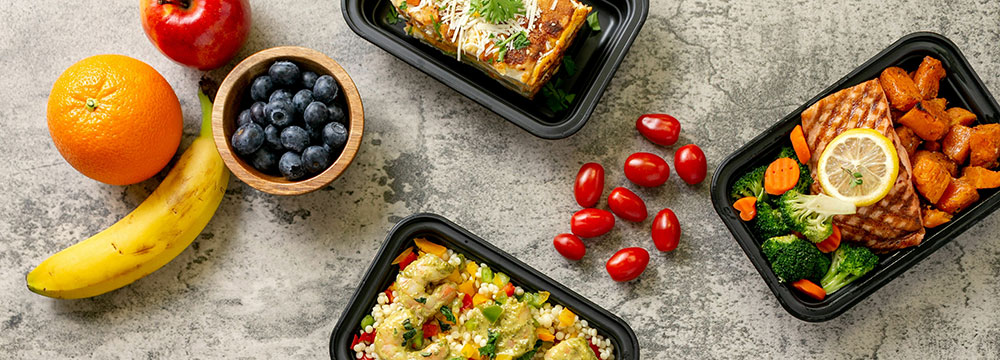- Meal Delivery
Shop by Category
TOP PROVIDERS
POPULAR SEARCHES
Meal Finder Tool

Use our meal finder quiz to find the best meal delivery service for you.
- Vitamin & Supplements
- Deals
- About
- Blog
Workout Meals
Workout Meals
Workout Meals Services have gained a lot of popularity – whether it’s trying to reach health goals such as muscle building or weight loss or simply eat healthier around increased exercise regimes, we’ve found the best options in Australia and have compared the services to provide the necessary details to make the best choice for you!
Get personalised meal recommendations
Compare Workout Meals
Advertiser Discolure Advertiser DiscolureGet 10% Off Your Order! Get Deal
Bondi Meal Prep is a Sydney-based meal delivery company that specialises in fresh, macro-focused meals designed to support strength, size, …
NSW, VIC, ACT, QLD
$12.00/serve
My Fitness Kitchn is an Australian meal delivery service committed to making healthy eating convenient and consistent, without compromising on …
NSW, ACT
$10.00/serve
Up to $200 off your first 5 boxes! Get Deal
Each meal in the Youfoodz FUEL’D range is designed around its high protein content with the aim to aid with …
NSW, VIC, ACT, QLD, NT, SA, WA, TAS
$10.95/serve
Foober meals focus on creating meals that use high-quality ingredients, no sugar with worldly-inspired flavours ensuring there is a meal …
NSW, VIC, QLD
$12.12/serve
Workout Meals are designed for time-poor, fitness-focused individuals. Designed by experts, Workout Meals provide you with the required nutrition you …
NSW, VIC, ACT, QLD
$11.30/serve
$200 OFF Your First 8 Orders Get Deal
Soulara is a 100% vegan, plant-based meal delivery service with all meals, drinks and snacks free of any animal products. Each …
NSW, VIC, ACT, QLD, NT, SA, TAS
$8.50/serve
Save $150 Across 5 orders! Get Deal
MACROS Sculpt Plan is one of the MACROS Fitness plan options and includes single-serve meals that are high in protein, …
NSW, VIC, ACT, QLD, NT, SA, WA, TAS
$10.50/serve
Save $150 Across 5 orders! Get Deal
MACROS Perform Plan is one of the MACROS Fitness plan options and includes single-serve meals that are protein-packed, with a …
NSW, VIC, ACT, QLD, SA, WA, TAS
$9.90/serve
Workout Meals are designed for time-poor, healthy & fitness-focused individuals. Each meal has been created by certified nutritionists and chefs …
NSW, VIC, ACT, QLD, SA
$9.49/serve
Save up to $120 on your first 6 orders! Get Deal
My Muscle Chef allows you to choose and personalise 3 different meals plans that align with your nutrition goals. The …
NSW, VIC, ACT, QLD, SA, WA
$8.85/serve
Save $150 Across 5 orders! Get Deal
MACROS Gain Plan is one of the MACROS Fitness plan options and includes single-serve meals calorie-loaded and packed with carbs …
NSW, VIC, ACT, QLD, SA, WA, TAS
$11.67/serve
Lean & Clean Meal Pack is a set of 6 meals designed to help you lose weight. Meals are 350 calories.
NSW, VIC, ACT, QLD, SA
$11.35/serve
Athlete’s Nutrition focuses on fueling elite Australian athletes with healthy chef-prepared meals that are nutritionally balanced, calorie controlled and high …
NSW, VIC, ACT, QLD
$10.95/serve
Athlete’s Nutrition focuses on fueling elite Australian athletes with healthy chef-prepared meals that are nutritionally balanced, calorie controlled and high …
NSW, VIC, ACT, QLD
$7.50/serve
$100 OFF YOUR FIRST 4 ORDERS! Get Deal
Garden of Goodness, formerly Garden of Vegan provides 100% certified organic, whole-food, gluten and oil-free, fully vegan meals. The Performance Meal …
NSW, VIC, ACT, QLD, SA, TAS
$14.95/serve
$100 OFF YOUR FIRST 4 ORDERS! Get Deal
Garden of Goodness, formerly Garden of Vegan, provides 100% certified organic, whole-food, gluten and oil-free, fully vegan meals. The Increase …
NSW, VIC, ACT, QLD, SA, TAS
$14.95/serve
Workout Meals are a fitness-focused prepared meal service catering to those looking for nutritional meals and time-saving solutions. Workout Meals …
NSW, VIC, ACT, QLD, SA
$9.85/serve
Workout Meals are designed for time-poor, healthy & fitness-focused individuals. Each meal has been created by certified nutritionists and chefs …
NSW, VIC, ACT, QLD, SA
$12.90/serve


